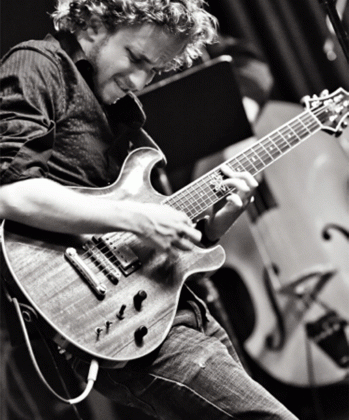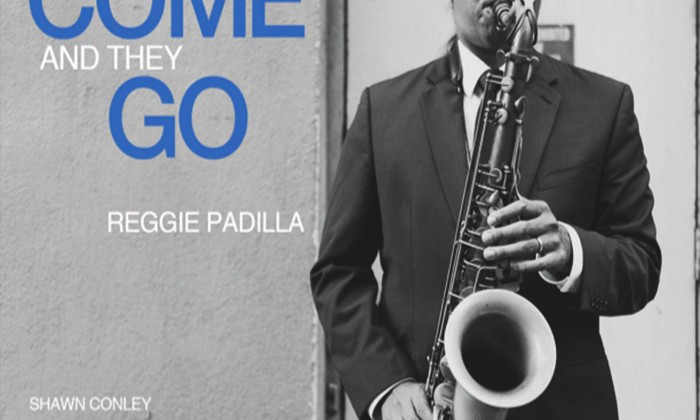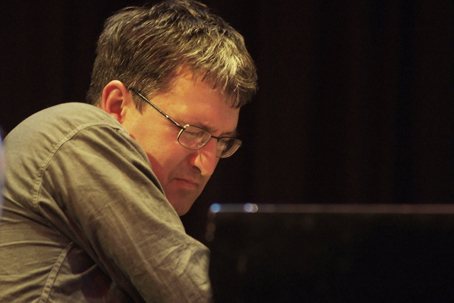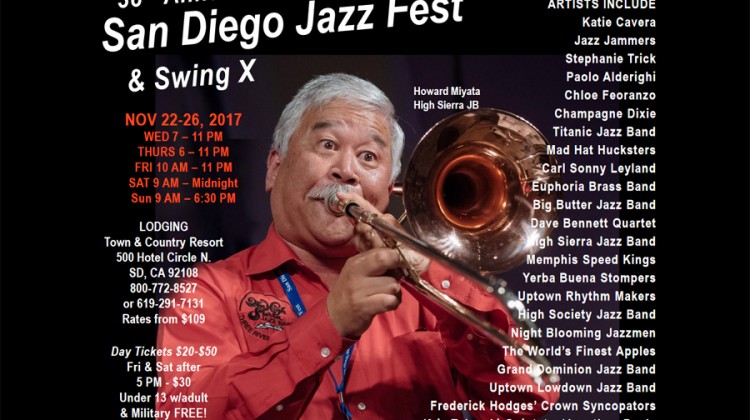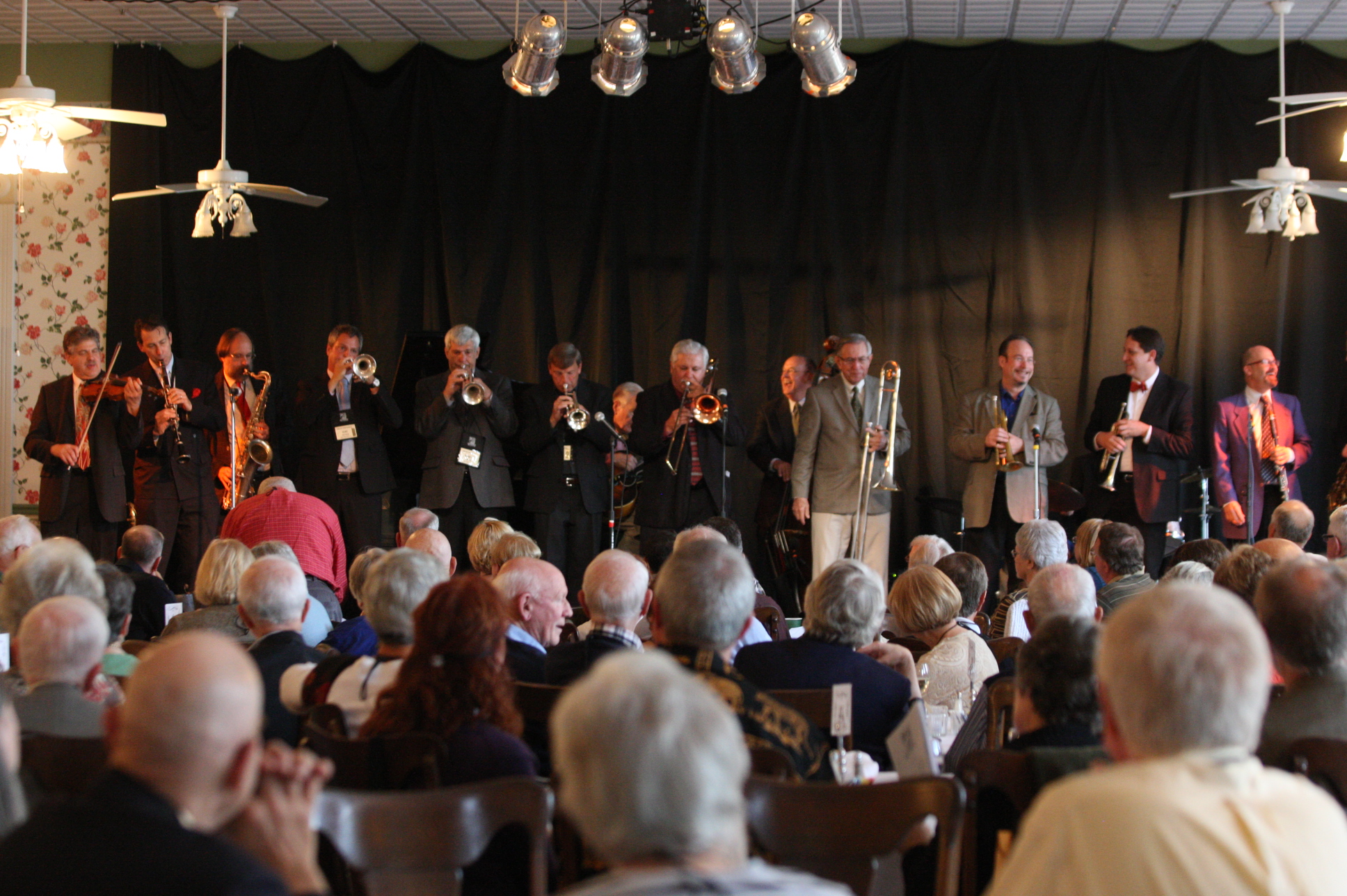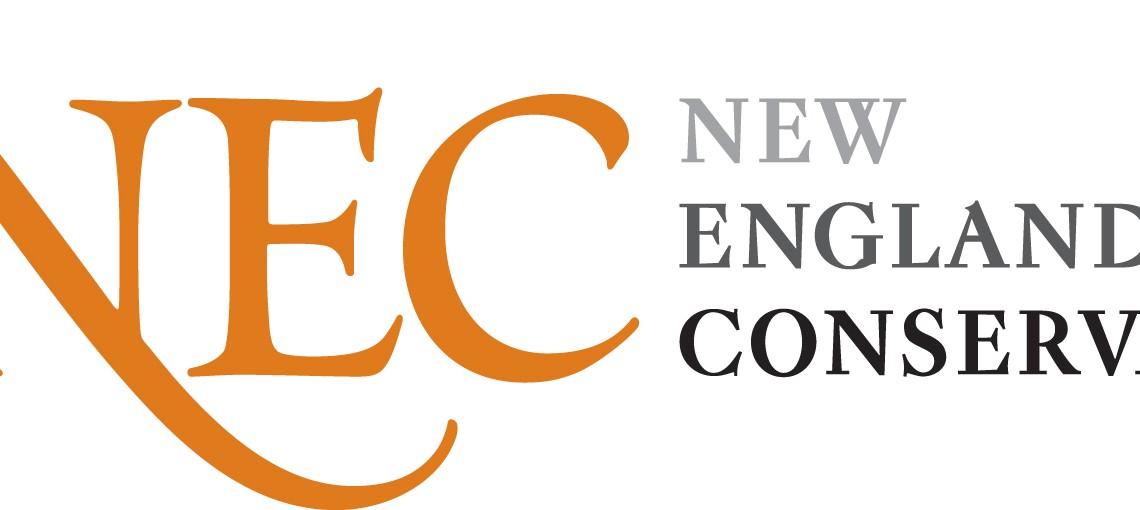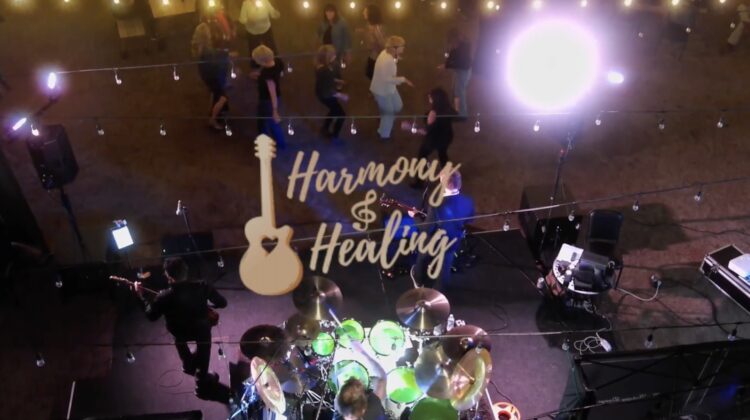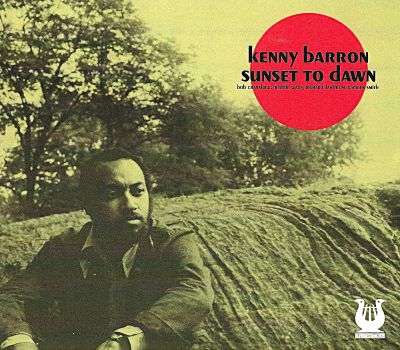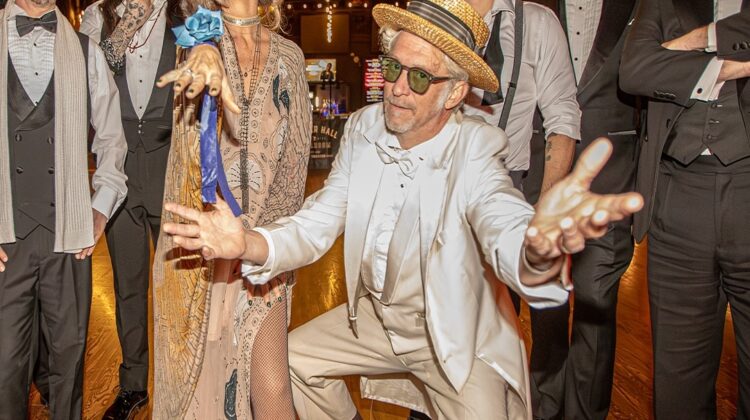Dominique Eade knows the value of an open-minded teacher first hand. Eade’s creativity had found diverse outlets as a child, including guitar playing (“I was a pretty good finger-picker”) and songwriting, and as an English major at Vassar she would often supplement her assignments with poems and songs. “I was doing music constantly, but was mostly self-taught, and never thought of it as a career choice,” she recalls. “After I wrote a piano piece, `Bottom’s Dream,’ as part of an English paper on Shakespeare, my teacher took me aside and said `This is who you are.’”
Eade took a leave of absence from Vassar, immersed herself in the Boston music scene, and found her path through an encounter with the music of pianist and NEC Faculty member Ran Blake. An improvisation that Eade performed when she sat in on an NEC class led to her immediate enrollment. The freedom she found in this new environment was liberating. “I liked the notion of a non-classical department in a classical school,” she explains. “I could take classical courses to improve my technique, and could also pursue the possibilities in non-Western music. There weren’t many places where I could write in the style of Scriabin while also transcribing [Duke Ellington’s] `Harlem Airshaft.’”
The same approach has made Eade one of the most dynamic and influential jazz vocalists and jazz educators of the past quarter-century. Her daring yet technically precise and emotionally coherent explorations of familiar songs and her own poetic originals both honor and expand the jazz vocal tradition, while her work in the classroom has helped shape the careers of Luciana Souza, Aoife O’Donovan and Rachel Price, among others. The diverse styles her students have pursued testify to Eade’s inclusive approach. “You can definitely send people in directions that are not on your own front burner,” she affirms. “Even when teaching technique, the key is showing people what is possible, not how to sound. And seeing that their teachers have taken chances builds bravery in students. Everyone I know on the faculty stresses that music is an ongoing quest, and that applies to the teachers, too.”
As an instructor in the Jazz and Contemporary Improvisation Programs, Eade works with both vocal and instrumental students privately as well as leading ensembles and teaching a course on the music’s vocal tradition. “I may be more of a stickler than some might imagine,” she says of her emphasis on jazz history, “because tradition and innovation are two sides of the same coin. Understanding what went before you forces a reckoning with the self. It shakes up your identity in a positive way while building skills, and it takes you beyond a mastery of your influences’ flourishes and musical details to a deeper sense of their musical character. `What questions were they asking?’ becomes more important than `What were their answers?’”
Eade is one of the reigning practitioners of the art of the duo, as can be heard on her most recent recordings Open (with pianist and NEC graduate Jed Wilson) and Whirlpool (with Ran Blake), and the connection she feels in this intimate setting has shaped her teaching. “Jazz is a conversation,” she emphasizes. “It is a language you learn, like any other language, through listening and practice; but what really brings your own voice out is the conversation you have while playing with fellow musicians. Each person has a point of view, but you don’t know what’s going to happen. If you’re lucky, you experience brain-wave alignment, which is something that you feel profoundly in a duo.” She also views composing as critical to her own approach, and a valuable skill for many improvisers. “For me, when the channels are open for working on technique and repertoire, the channels to write also open.”
As a seasoned veteran who has toured internationally and recorded for a major label, Eade also takes care to prepare her students for what she describes as the whimsical nature of the music industry. “I learned very quickly to be self-directed,” she says. “While you’re always working with other people, rarely will anyone care as much about the integrity of your conception as you do. I stress the value of each student curating his or her own library, and the need to weigh career choices against personal tastes and sensibilities. I’m proud that my students can navigate the marketplace, stay true to who they are, and move the music forward.”
The value of Eade’s tutelage is confirmed in this video clip featuring Michael Mayo, a 2014 NEC graduate who is currently studying at the Thelonious Monk Institute of Jazz Studies: NEC’s Dominique Eade


